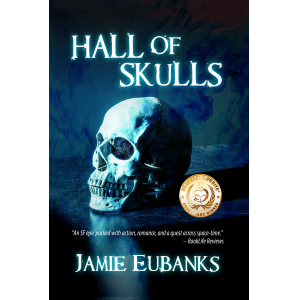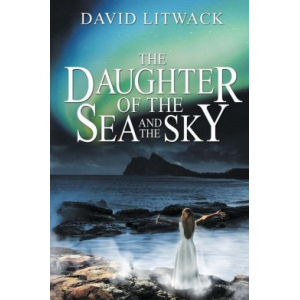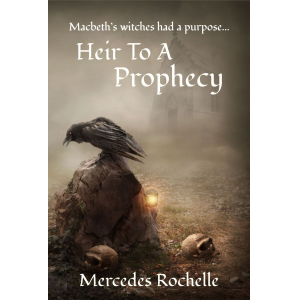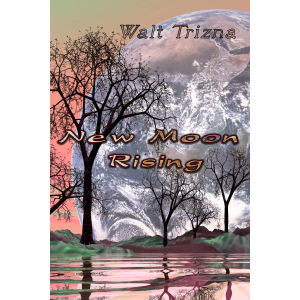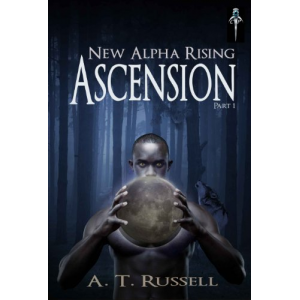- Author
- Book
- Story behind the book
- Media Links
- Reviews

Jeane Slone
About
Jeane Slone while researching her historical novel She Flew Bombers From the Factories to the Bases During World War II had many adventures. She Flew in a World War I open cockpit, fabric and wood, Curtiss Jenny, one of only ten currently airborne. She experienced aerobatics in a 1941 open cockpit Stearman. She is a member of The Healdsburg Literary Guild, The Redwood Writer's Club, The Military Writers Society of America and The Pacific Coast Air Museum.
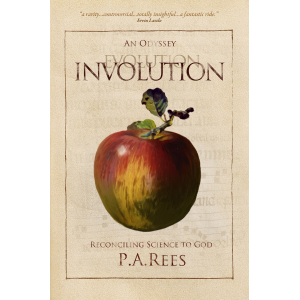
Involution-An Odyssey Reconciling Science to God
Description
<p>“<em>We are not human beings having a spiritual experience; we are spiritual beings having a human experience.”(</em>Teilhard de Chardin<em>)</em></p><p><span style="line-height:1.6em;"><em>Involution-An Odyssey Reconciling Science to God </em> is as layered as a French cassoulet, as diverting, satisfying and as rich. Each reader will spoon this book differently. On the surface it seems to be a simple and light-hearted poetic journey through the history of Western thought, dominantly scientific, but enriched with painting and music. Beneath that surface is the sauce of a new evolutionary idea, involution; the informing of all matter by consciousness, encoded and communicating throughout the natural world. A book about the cathedral of consciousness could have used any language to paint it, but science is perhaps most in need of new vision, and its chronology is already familiar.</span></p><p><span style="line-height:1.6em;">The author offers a bold alternative vision of both science and creation: she suggests that science has been incrementally the recovery of memory, the memory of evolution/involution</span><em style="line-height:1.6em;">.</em></p><p>“<em> Involution proposes that humans carry within them the history of the universe, which is (re)discovered by the individual genius when the time is ripe. All is stored within our DNA and awaits revelation. Such piecemeal revelations set our finite lives in an eternal chain of co-creation and these new leaps of discovery are compared to mystical experience</em>” (From a reviewer)</p><p>Each unique contributor served the collective and universal return to holism and unity. Thus the geniuses of the scientific journey, like the spiritual visionaries alongside, have threaded the rosary of science with the beads of inspiration, and through them returned Man to his spiritual nature and origin.</p><p><span style="line-height:1.6em;">The separation between experience and the rational intellect of science has, by modelling memory as theory, separated its understanding from the consciousness of all, and perceives mind and matter as separate, God and Man as distinct. This work is a dance towards their re-unification: Saints and scientists break the same bread.</span></p><p><span style="line-height:1.6em;">All of time and all the disciplines of science are needed for the evidence. Through swift (and sometimes sparring) Cantos of dialogue between Reason and Soul, Philippa Rees takes the reader on a monumental journey through the history of everything – with the evolution of man as one side of the coin and involution the other. The poetic narrative is augmented by learned and extensive footnotes offering background knowledge which in themselves are fascinating. In effect there are two books, offering a right and left brain approach. The twin spirals of a DNA shaped book intertwine external and internal and find, between them, one journey, Man’s recovery of Himself., and (hopefully) the Creation’s recovery of a nobler Man.</span></p><p><span style="line-height:1.6em;">From the same review “</span><em style="line-height:1.6em;">The reader who finishes the book will not be the same as the one who began it. New ideas will expand the mind but more profoundly, the deep, moving power of the verse will affect the heart.</em></p><p><em>(Marianne Rankin: Director of Communications, Alister Hardy Trust)</em></p><p> </p>
Story Behind The Book
My mother was in the Army during World War II and in her scrap book I found an article in her base newsletter about women pilots. I found out very few people even know that there were women pilots during WWII.
Media Links
Reviews
<span style="font-family:'Book Antiqua', Georgia, serif;font-size:16px;line-height:normal;"><em>She Flew Bombers</em> is a funny, sad and heroic story about the strength of one woman, Violet Willey, and her <abbr title="Women Airforce Service Pilots">WASP</abbr> colleagues, a colorful assortmen of other patriotic women, each one strong in her won way. Women pilots were and exotic and unappreciated item during WWII, and as such, had to fight their own battles against gender discrimination vefore it became a problem. The Same was not true of Russian women pilots, as Violet founds out in the course of delivering a pursuit airplane to self-proclaimed "Night Witches," as those extraordinary women combat pilots were called because they made their aerial raids under cover of darkness. Flying a dizzying variety of airplanes was a constant challenge of <abbr title="Women Airforce Service Pilots">WASP</abbr> pilots, as well as the terrifying porblem of sabotage. Add to this the knowledge that many of the planes they flew were relatively untested as they came off the assembly line, and the reader will easily understand the origin of the term, "Flying by the seat of their pants!".</span><div><span style="font-family:'Book Antiqua', Georgia, serif;"><span style="font-size:16px;line-height:normal;"> -- Mary Lynn Archibald, author of <em>Accidental Cowgirl: Six Cows, No Horse, and No Clue</em></span></span></div><div><span style="font-family:'Book Antiqua', Georgia, serif;"><span style="font-size:16px;line-height:normal;"><em><span style="font-style:normal;"><em>She Flew Bombers</em> is a fascinating account of one woman's love of flying and her involvement with the <abbr title="Women Airforce Service Pilots">WASP</abbr>s durin World War II. Anyone interested in aviation history, women's history, or the World War II "war effort" will appreciate Jeane Slone's careful research, as well as her ability to bring this little-known aspect of the US history to life so vividly</span>.</em></span></span></div><div><span style="font-family:'Book Antiqua', Georgia, serif;"><span style="font-size:16px;line-height:normal;"><em> <span style="font-style:normal;">-- Jean Hegland, author of <em>Windfalls.</em></span></em></span></span></div><div><span style="font-family:'Book Antiqua', Georgia, serif;"><span style="font-size:16px;line-height:normal;"><em><span style="font-style:normal;">Author Jeane Slone Does an outstanding job in her new novel <em>She Flew Bombers</em>. This well written and fast-paced book chronicles the history of the <abbr title="Women Airforce Service Pilots">WASP</abbr> through the personal experiences of fictional aviatrix, Violet Willey. This Civil Service Organization transported all types of military aircraft across country to bases so male American flyers could be freed up to do the job of winning the war. Violet's passion for flying is documented from her first experience as a young girl going on a flight with a California barnstormer to joining the<abbr title="Women Airforce Service Pilots">WASP</abbr> and flying pursiots. Little seems to be written about this heroic status until 1977. The obstacles and biases they managed to overcome as women pilots during their service to our country are expertly put to paper by author Jeane Slone. Written with humor, emotion, and accuracy, this film-worthy story will be enjoyed by anyone interested in military and aviation history, a plain good book, or a fast read.</span><br /></em></span></span></div><div><span style="font-family:'Book Antiqua', Georgia, serif;"><span style="font-size:16px;line-height:normal;">-- Tony Lazzarini, president, Military Writers Society of America</span></span></div><span style="font-family:'Book Antiqua', Georgia, serif;font-size:16px;line-height:normal;"></span><div class="praise" style="color:#000000;margin-top:0px;margin-right:auto;margin-bottom:0px;margin-left:auto;width:1051px;float:right;"></div>

